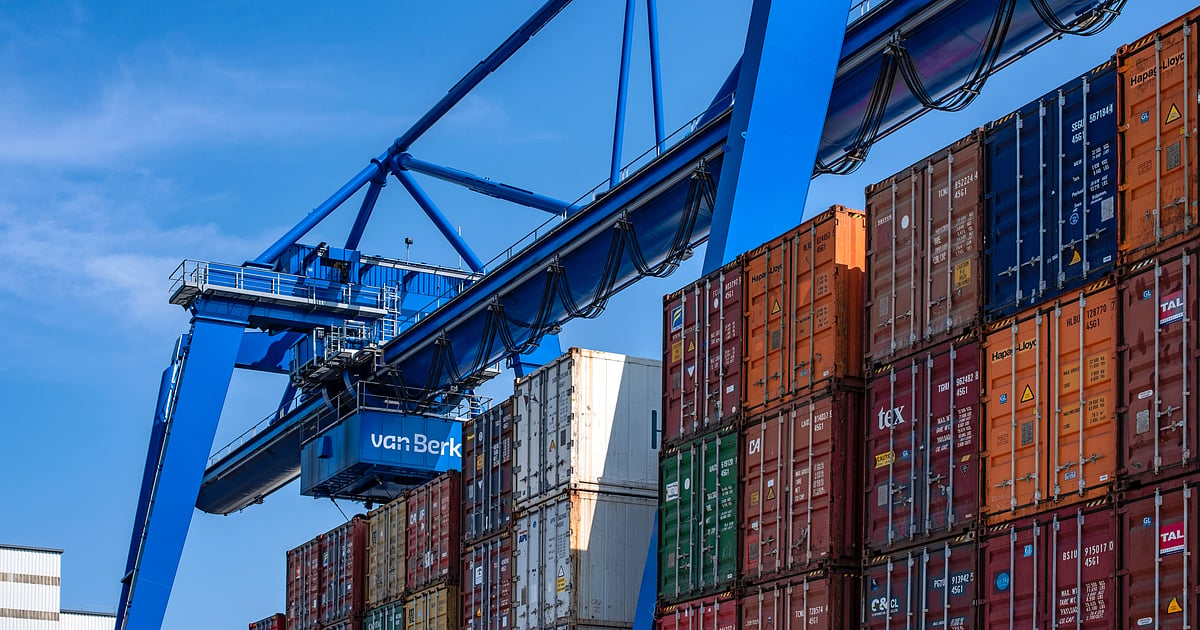With the EU moving closer to a ‘strategic posture of strategic autonomy’, the assessment of EU and its member states as a ‘valuable’ partner has certainly gained weight in Delhi, he observed.
“Not least in the light of India’s own strategic conundrum and significant challenges posed by China, Russia and the USA,” Delphin said.
“In short, circumstances of necessity to de-risk, to hedge by diversifying partnerships and affirmation of greater strategic autonomy certainly provide a strong impetus for deepening our strategic ties,” he said.
Ambassador Delphin spoke extensively about the ongoing geopolitical reshuffling and even touched upon the US-China relations that he said have been increasingly locked in a ‘systems-level competition’, reverberating across the global chessboard.
“Nationalist politics are back, driven by identity and communal reflexes, conjuring up historical claims, and turbocharged by a technological race to ensure supremacy,” he said.
The envoy argued that the return to power politics is leading to a retreat of international law and multilateralism.
“In this environment of tensions and transformations, India and the EU are in different positions, not least geographically. But at the core they face similar challenges: their economic development and their security are under stress; their vision of a rule-based and cooperative global order is undermined,” he said.
In this context, Delphin referred to European Commission President Ursula von der Leyen’s remarks that “this world is fraught with danger. But I believe this modern version of great power competition is an opportunity for Europe and India to re-imagine their partnership.”
“In many ways, the EU and India are uniquely placed to respond to this challenge together,” von der Leyen had said.
(With inputs from PTI)
